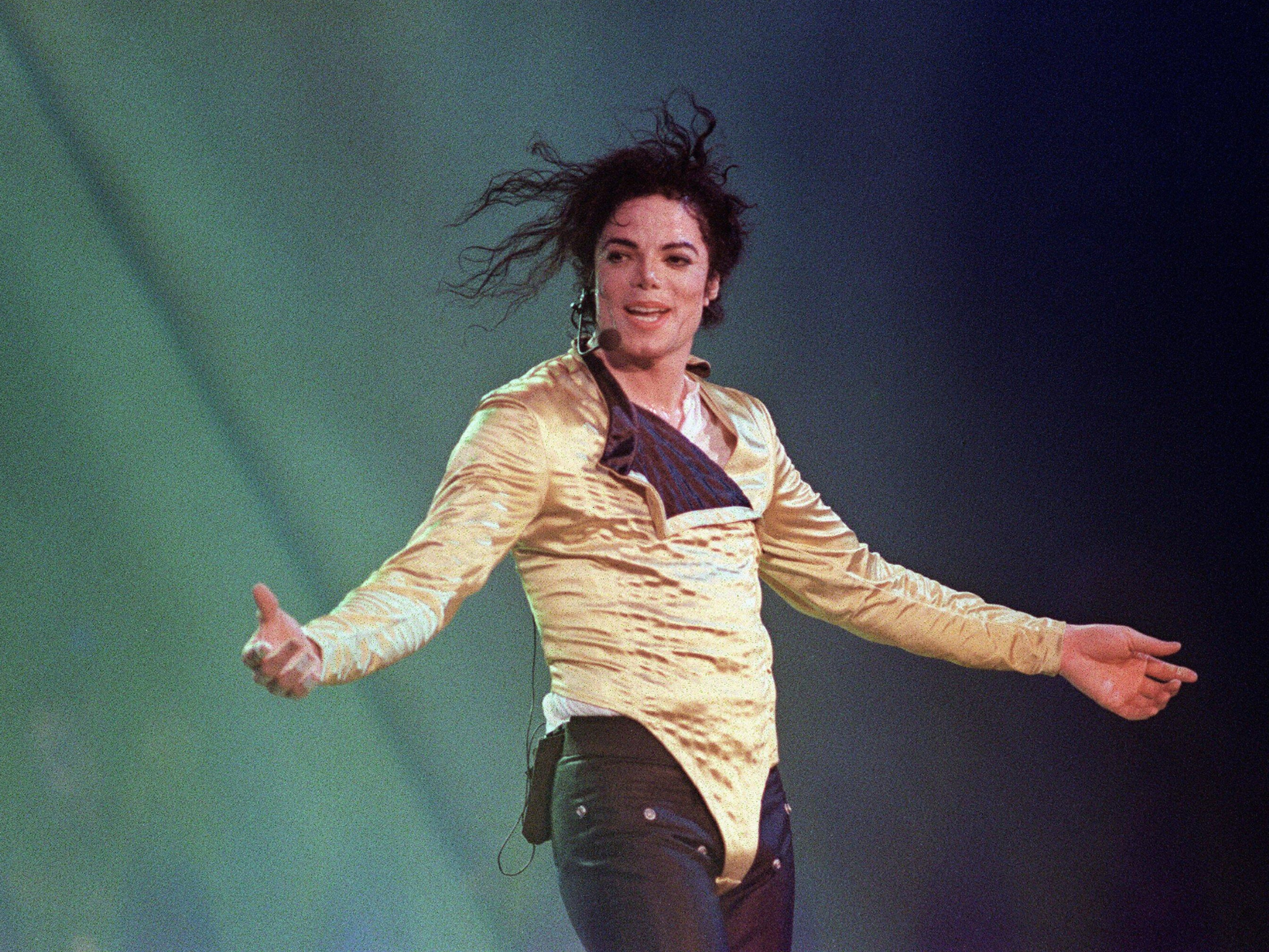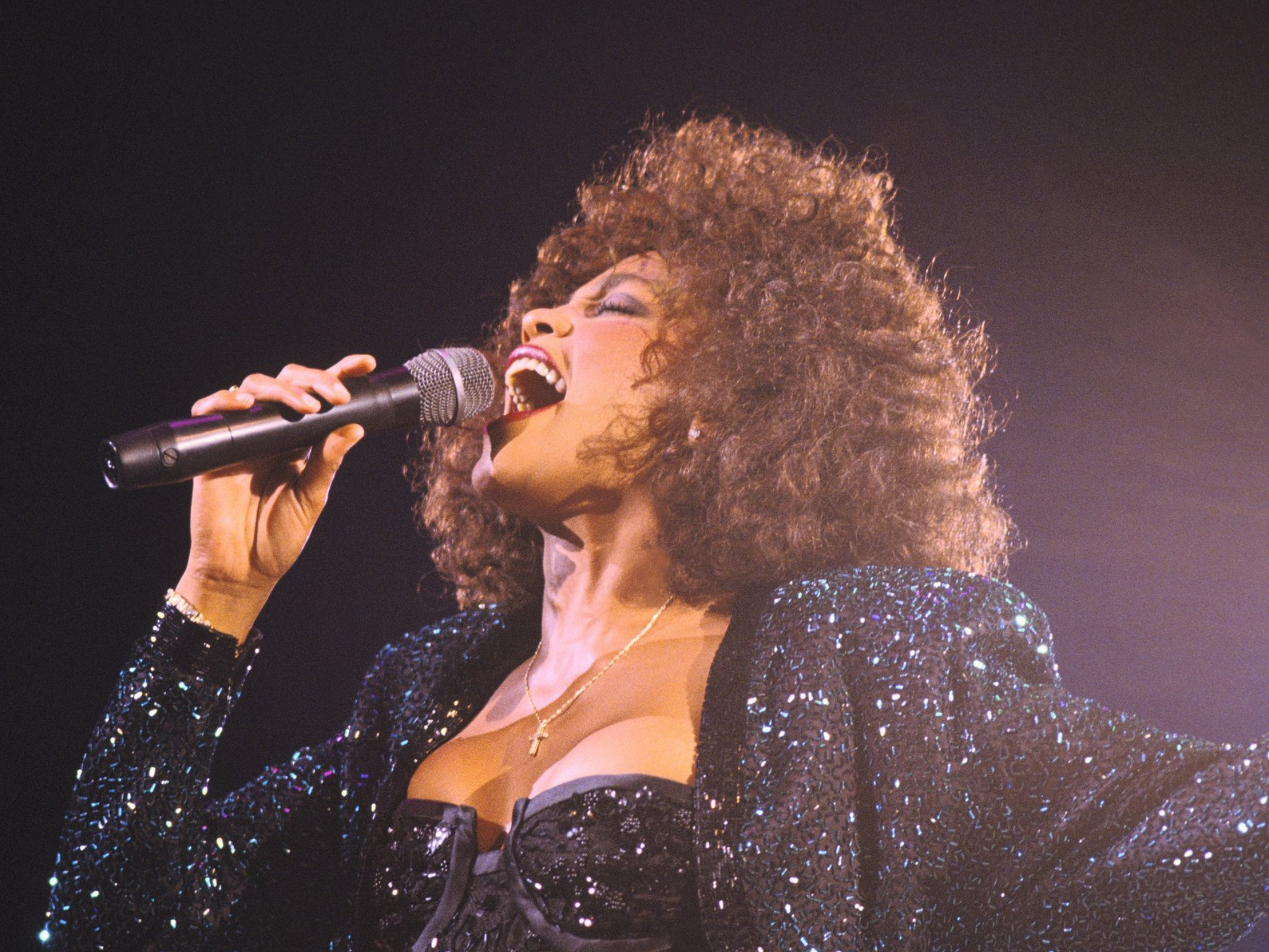The Trauma of Loss: How Saying Goodbye to Iconic Superstars Impacts Our Lives and Culture
Photo: Francis Sylvain/AFP via Getty Images
When we lost Michael Jackson, the world seemed to stop spinning for a moment. His music, his artistry, his magic—gone. Just like that. It felt like losing a family member, someone we’d grown up with and carried through every stage of our lives. The same heartbreak echoed when Princess Diana’s light was extinguished, when Whitney Houston’s voice fell silent, and most recently, when we said goodbye to Tina Turner, the Queen of Rock 'n' Roll.
These aren’t just names on a marquee—they’re legends who poured their souls into the world and gave us something we could feel deep in our hearts. Losing them is a wound we carry, a trauma that stays with us, reshaping how we see art, love, and life itself.
Photo: Reglain/Gamma-Rapho, via Getty Images
Think about it. These stars were more than performers—they were companions to our joy and solace in our pain. Michael’s voice taught us to dream bigger, to push boundaries. Diana showed us grace in vulnerability and strength in compassion. And Tina? Tina gave us fire, proving that no storm can take away your spark.
We danced to their songs, we cried to their stories, and we found ourselves in their journeys. Losing them felt personal because, in many ways, it was. They were with us in our living rooms, our headphones, and our hearts. Their art was a love letter to the world, and when they left, it felt like the pages were suddenly ripped away. When we grieve icons like these, it’s more than a moment—it’s a collective heartbreak. The suddenness of their departures often adds to the pain. One day they’re here, lighting up the world, and the next, they’re gone. It reminds us of how fragile life is and how much we take for granted the artists who give us so much.
This loss leaves a void that’s hard to fill. We wonder about the songs they never got to sing, the stories they never got to tell, and the moments they never got to share with us. It’s a grief that lingers, not just in our hearts but in our culture.This trauma shapes how we approach new artists and their work. We admire them, yes. But do we let ourselves love them the same way we loved those who came before? Maybe not. There’s a part of us that holds back, afraid of feeling that pain again.
Photo: Unknown
But here’s the truth: today’s artists are walking in the footsteps of giants, carrying the torches lit by legends like Michael, Whitney, and Tina. They’re creating magic in their own way, but sometimes we’re too caught up in nostalgia or comparison to fully embrace them.
Even though the pain of losing our icons never fully goes away, their legacies shine on. You see it in the electric energy of Beyoncé’s performances, the grit and soul in Lizzo’s empowerment anthems, and the timeless artistry of Adele. These artists remind us that the spirit of those we’ve lost lives on—not just in their music, but in every artist they’ve inspired.It’s up to us to honor those legacies by celebrating what we have now. By showing up for today’s artists with the same love, the same devotion, the same openness. Because just like Michael, Diana, Tina, and Whitney, the stars of today are giving us their hearts.
Losing our heroes has taught us something profound: to cherish what we have while we have it. To dance like no one’s watching, to sing at the top of our lungs, and to love with everything we’ve got.
So, to the legends we’ve lost—thank you. Thank you for the music, the memories, and the moments that made us feel alive. And to the artists of today—thank you for continuing to pour your hearts into the world, for daring to dream, and for reminding us that even in our grief, there is so much beauty left to hold onto.
We’ll always carry the trauma of saying goodbye to our icons, but we’ll also carry their light. And in that light, we find the strength to keep loving, keep creating, and keep going.



